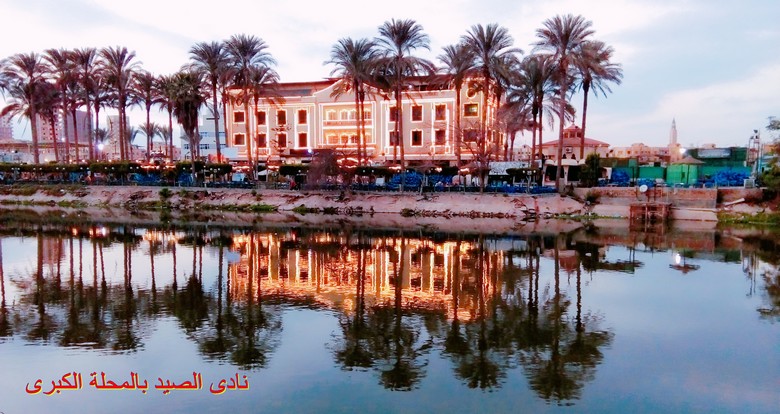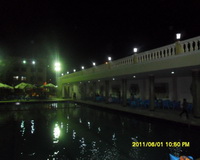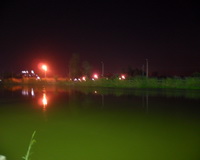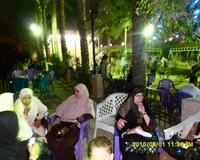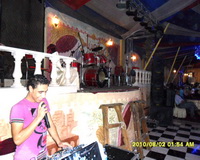free and guided composition
صفحة 1 من اصل 1
 free and guided composition
free and guided composition
Chapter One 1 1.1Statement of the problem: Writing is one of the productive skills in learning a language. It follows that any language learner is supposed to be equipped with both linguistic abilities and the writing techniques so as to produce an acceptable composition. Linguistic abilities means the ability to use correct vocabulary in constructing grammatical phrases and sentences, the ability to compose different types of sentences (whether simple, complex or compound),and the ability to use cohesive devices to join sentences in a paragraph or a composition. On the other hand, writing techniques include the ability to form a well-unified composition ,i-e, how introduce, give details, and finalize a composition . For EFL learners, linguistic abilities are taught throughout successive or regular courses of English grammar whereas the writing techniques are taught throughout certain courses that are devoted for writing compositions or essays in English.(Rivers,1968;72) With reference to the courses of writing compositions, EFL students are exposed to samples of mainly two kinds of compositions; guided and free, then students are asked to exercise both kinds. In a guided composition, students are provided with certain instructions that help them to write the required composition, such as the title, some helping ideas ,and some hints that tell how to introduce ,sequence, and finalize the required composition; whereas in free compositions, students are only provided with a topic sentence of the required composition and the students are asked to write a composition by their own ideas and which consists of several unified paragraphs where those ideas are sequenced. There are major challenges that face EFL students in the process of writing guided compositions ,namely, the grammatical mistakes that they make in constructing sentences as they are asked to build up complete and meaningful sentences which are derived from the supportive ideas or hints given in such type of writing. Grammatical mistakes appear in using conjunctions to combine sentences in a unified paragraph. Challenges can be more problematic to EFL students in writing free compositions as it demands linguistic abilities as well as 2 the mechanics of writing such as generating ideas and organizing the ideas into a coherent whole. Thus, the study tries to compare the achievement of Iraqi EFL undergraduates in writing both guided and free compositions. 1.2 The aim of The Study: The study aims at comparing the achievement of Iraqi EFL undergraduates in writing both guided and free compositions. 1.3 Hypothesis: It is hypothesized that the achievement of Iraqi EFL undergraduates in writing a guided composition is better than their achievement in writing a free composition. 1.4 The limitation of the study: The study is limited to Iraqi EFL fourth class students in English Dep., college of Arts, of Kufah Univ. during the academic year (2008-2009). 1.5 The Definition of Basic terms: 1.5.1Achievement: Recognition granted to a learner when all required learning outcomes have been successfully demonstrated. www.evc-consult.nl/english/glossary 1.5.2Composition: A piece of writing made up of one or more paragraphs talking about a definite theme or subject. (Ferris, 1998:23) 1.5.3 A Guided Composition: A kind of directed writing in which a student is provided with instructions and supportive ideas that help to compose a suggested theme or subject.www. en.wikipedia.org/wiki/guided composition 1.5.4 A Free Composition: a kind of writing which permits a student to develop his own ideas and to create his own style of writing as he chooses. www.en.wikipedia.org/wiki/free composition.
http://humanities.uobabylon.edu.iq/service_showarticle.aspx?pubid=3739
http://humanities.uobabylon.edu.iq/service_showarticle.aspx?pubid=3739
الاسباني- مدينة الأقامة : العراق
عضو فى نادى الصيد : لا
عدد المساهمات : 79
نقاط : 237
تاريخ التسجيل : 30/06/2015
صفحة 1 من اصل 1
صلاحيات هذا المنتدى:
لاتستطيع الرد على المواضيع في هذا المنتدى